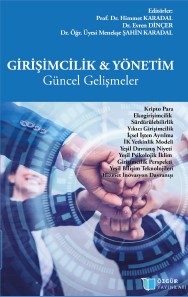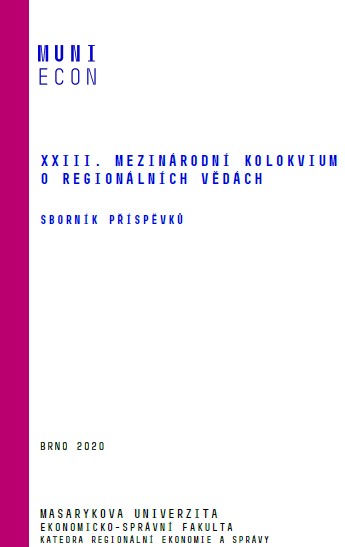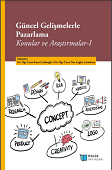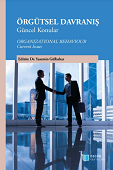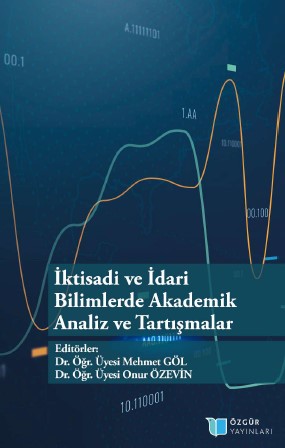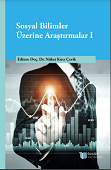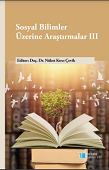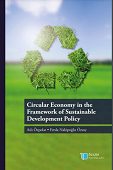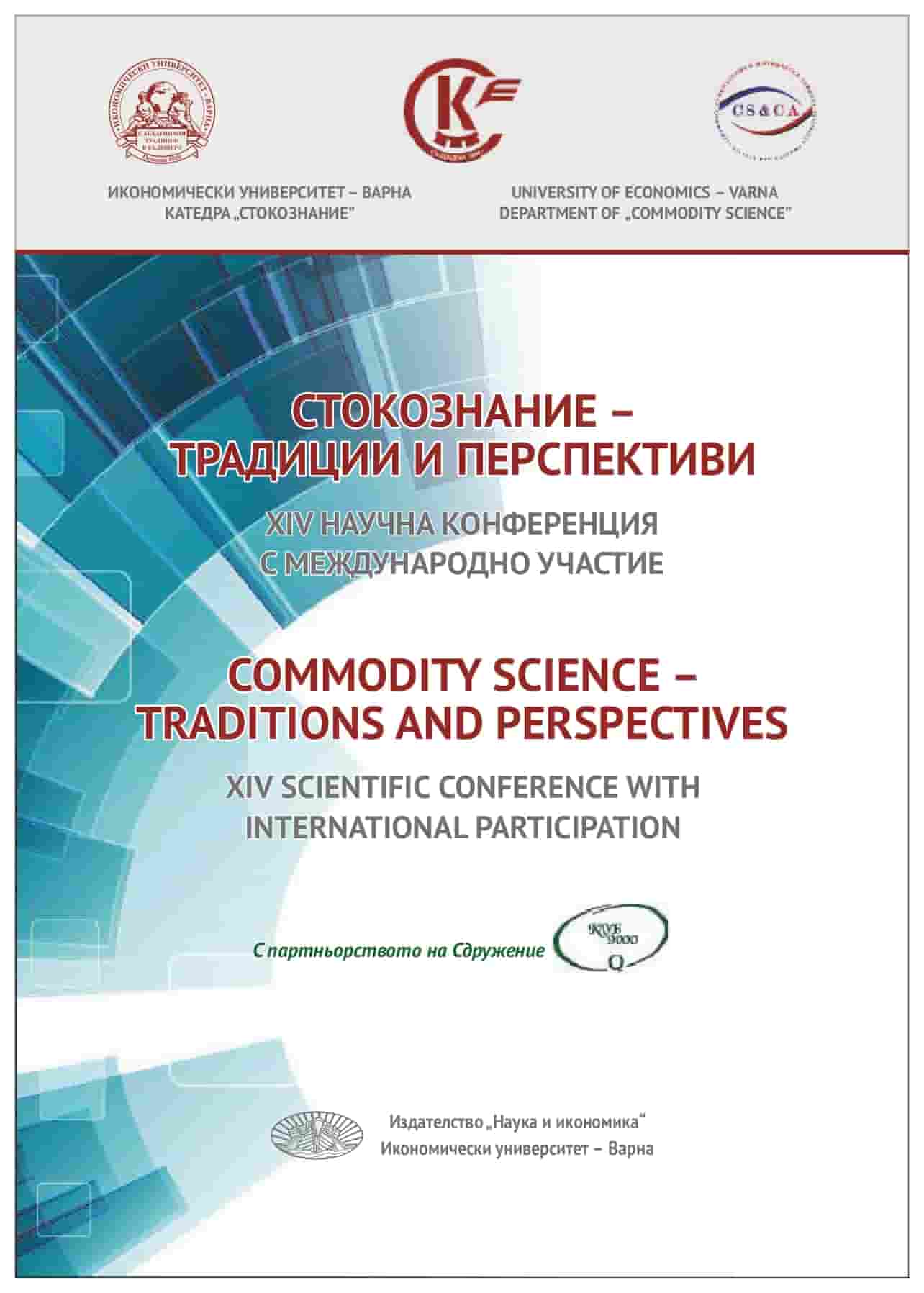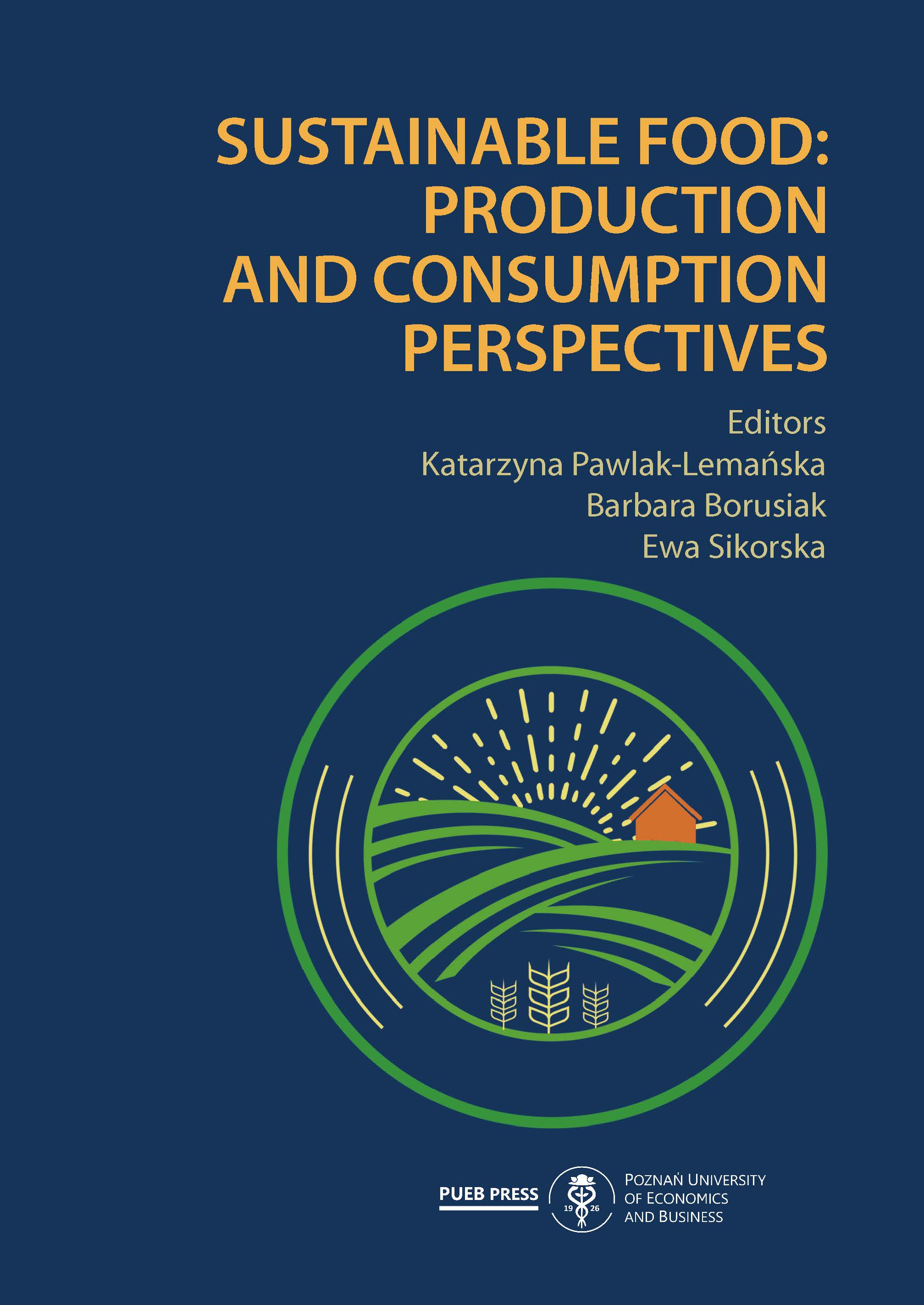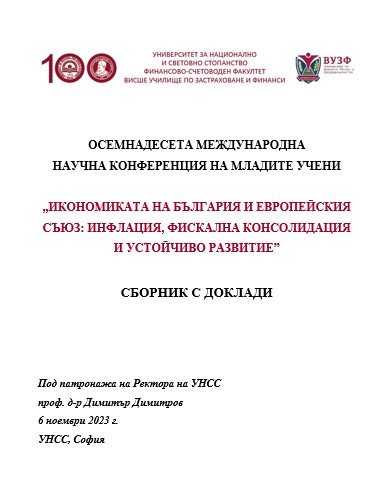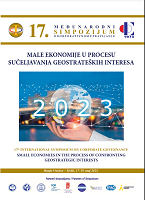Author(s): Dragan Đuričin / Language(s): Serbian
Publication Year: 0
These days the global economy and humanity as a whole are in deep and permanent regression. Due to continuous making and widening of imbalances, the economy fell in a confluence of crises (cascading crisis, rolling crisis or a crisis in the system of crises). Along with the economy, the planet has fallen in a serious trap of dying slowly but surely. Finding systemic solutions to growing imbalances both in the economy and the planet as a whole is the imperative of our time. The so-called “green transition” is a big idea to mitigate current crisis and make a recovery. From an economic perspective, it is a way to nullify the existing structural imbalances of economic neoliberalism and misconceptions of related reactive policies, as well as a platform backing sustainable and inclusive economic growth in balance with the limits of nature. This approach is particularly suitable for developing economies that aspire to catch up with the developed world through new industrialization. In this paper, we attempt to concentrate, among dozens of complex issues concerning the transition from an old to a new economic order, on those solutions pertaining to the economic system adjustments in line with the natural limits in a landlocked, small, open, and developing national economy such as Serbia. The great majority of economics scholars have agreed upon the root causes of the current economic crisis as well as the key assumptions regarding problem solutions. In defining our proposals, despite different angles, we intend to integrate the most effective elements of a widely accepted but outside-the-box view. It is not certain for how long the current crisis will last. Some crisis management actions are already being implemented. Unfortunately, it is not enough. To reverse the regression trend, four questions need to be answered. How to adjust local actions to global priorities? What would be a feasible and effective growth model and conceptual platform of economic policy for the crisis mitigation along with the subsequent revival and set-up of a sustainable and inclusive economy? How to coordinate transformative activities in the right direction at the local level? How to weight different instruments to finance the transition from a new normal to a better normal, particularly from the perspective of the goal function and performance measurement system within basic economic agents? To answer the previous questions, the economic theory and policy should abandon the nexus of neoliberal rules, in both microeconomics and macroeconomics, and adopt a new nexus of economic rules, capable of explaining the real behavior of economic agents, sometimes irrational and inconsistent as explained by behavioral economics, but always under and “universal connectivity” as a dominant free good in the post-industrial age, as well as under the impact of natural limits. The above requires the implementation of the circular model of growth and heterodox economic policy platform. Following the previous line of reasoning, the material is organized in four parts, besides Introduction and Conclusion. The Part 1 discusses unsustainability of the current growth model and related economic policy platform and underlines the necessity for a truly radical paradigm change to mitigate the structural crisis and to set up a new conceptual platform for sustainable and inclusive growth. The Part 2 is focused on the reasons why reactive economic policies failed during a structural crisis. The Part 3 proposes the green transition as a breakthrough idea for radical system change. The Part 4 analyzes the macroeconomic performance and development opportunities of Serbia as prerequisites for the transition toward a greener economy.
More...
